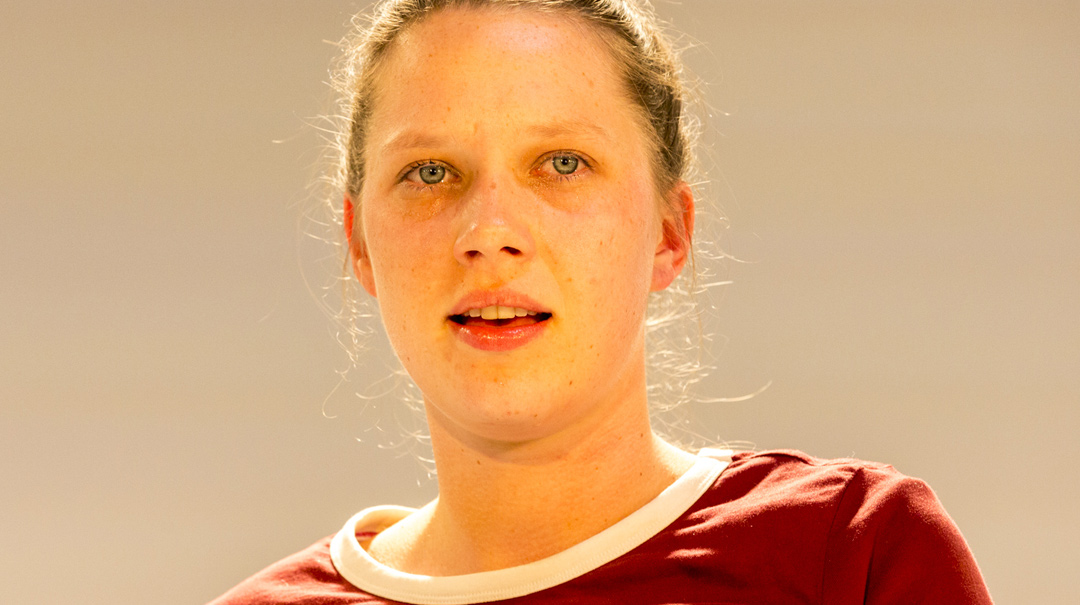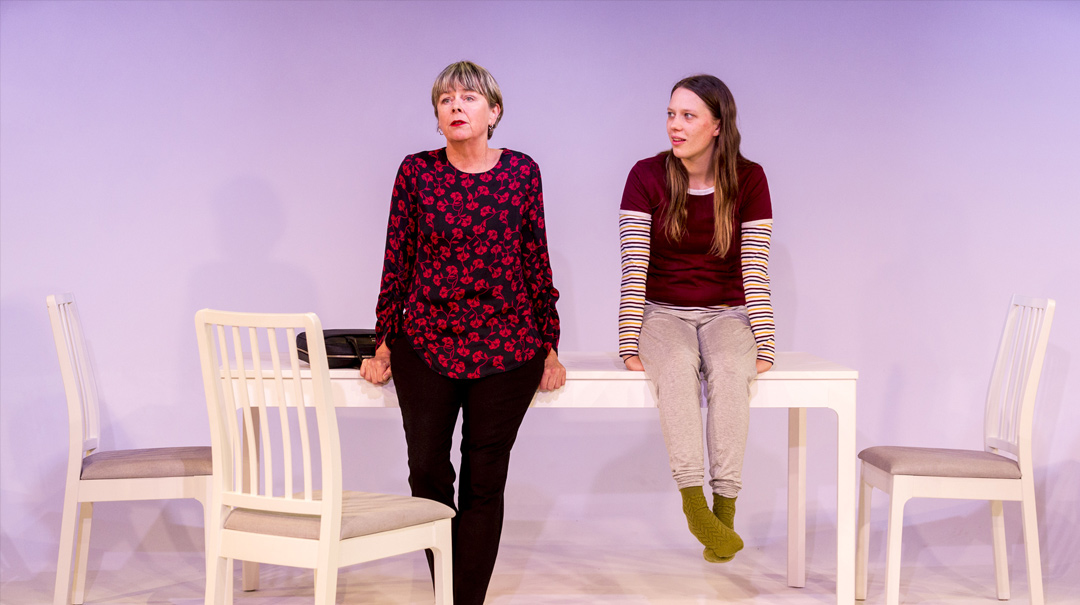The cost of entertainment: the wellbeing of artists


Those who work in the entertainment industry – the actors, musicians, writers and even roadies – create experiences for others to enjoy, however, the very nature of their work can have a negative impact on their own wellbeing. In a recent paper, Falling through the gaps: Our artists’ health and welfare, entertainment and arts lawyer, Dr Mark R. W. Williams explores the impact that being a performer or entertainment industry worker can have on the person’s wellbeing. Along with all the physical impacts of long hours, sometimes physically strenuous work and often irregular and low-paid employment, the paper also explored the impacts of the industry on the workers’ mental health and wellbeing.
“Performing artists who have achieved great heights and made substantial contributions to our culture and society will, by comparison to the rest of working Australia, end up poorer, have worse mental and physical health, and a shorter life span,” William writes in the paper.
The paper referenced findings from a study that found that the irregular working hours had a correlation with sleep disorders and insomnia. Entertainment industry workers also experienced mental health conditions, including moderate to severe anxiety, at ten times the rate of the general Australian population; depression at five times higher; suicidal ideation at five to seven times higher; and double the number of suicide attempts.
Australian actor, Neil Pigot, shared his experiences with depression and the ups and downs of his career, including a suicide attempt three years ago.
“My career fell apart on me as a result of my depression…I had no other skills…
If you survive cancer, people congratulate you and they warmly welcome you back…When you come back from a mental illness, they treat you [differently],” he said.
The Artistic Director of Griffin Theatre Company in Sydney, Lee Lewis, spoke in a podcast about the wellbeing of actors in an industry where people have historically always prided themselves on the idea that “the show must go on” and on accessing emotional depths.
“I think just talking about it, and acknowledging that it is a regular workplace hazard—there is emotional stress in the work that we do. Yes, that’s what we sign up for and that’s what you have to learn to manage in your life, but acknowledging that we’re doing it in a community of people that understand that is part of making it easier to bear,” said Lewis.
“A lot of plays structurally are built on conflict. As soon as you’re playing conflict, your body doesn’t necessarily know the difference, does it? You go home and you’re as exhausted as if you had had an argument for six hours, and how do you take care of your body and your mind?” asked Lewis.
Griffin Theatre Company explored mental illness in their production of The Almighty Sometimes. The play, written by a young Australian writer, asks questions about the nature of identity in the wake of a mental illness diagnosis and the impacts of diagnosing and medicating young people. The production led to conversations among the creative team about the impacts on performers’ mental health due to difficult subject matter as well.
“I’ve started just saying to people, “Look, this work might not be the right work for you to be doing now. Two years from now you might be in exactly the right place to do it so it’s ok to say no.” You don’t have to take things that mightn’t feel right at the particular time, if it’s too close, don’t do it!” said Lewis.
Actor and lead performer in The Almighty Sometimes, Brenna Harding, also shared her experiences and considerations when choosing roles.
“I do find it easy to say no, but I know for a lot of actors that’s not necessarily the case. I’ve been very fortuitous, getting quite consistent work, and I’m also at university, so I’m not putting all my pressure on my next job. But I know for a lot of actors there is a pressure to say yes to every job, because you want the opportunity and work breeds work, so, if you’re doing one thing, you’re more likely to get other work,” said Harding.
The realities of intermittent, casualised work has a huge impact on the wellbeing of performers and other arts workers. In his interview, Neil Pigot spoke about his own experiences and those of his fellow performers.
“We don’t have sick pay or holiday pay and often our superannuation is poor…This is not to complain: we make the choice to do what we do [but] many of us in our fifties are living in rented accommodation because often we struggled to get the money together for a deposit and we can’t guarantee our income for servicing a mortgage,” he said.
The Falling through the gaps paper also examined the dilemma of performers having to balance the financial need to work against the mental need to take breaks, with the author stating that performers “even some of the most experienced – Sir Anthony Hopkins was one publicised instance – can find playing other people becoming far too stressful. Sir Anthony may have been able to afford not to work for a few years. Most cannot.”
The recommendations that Dr Williams proposes to better the wellbeing of arts workers largely cover financial security and access to housing, both of which are vital for good mental wellbeing. One recommendation also refers directly to the immediate need for funding for dealing with both physical and mental health concerns, as well as a concentration on these issues within training institutions, companies and the wider performing arts community.
Some of that change is already starting to happen, with increasing conversations about wellbeing and care happening in companies, in rehearsal rooms and among peers. Lewis recounted an experience to illustrate how the conversation has begun to shift in recent years.
“There was a conversation about how a family member had passed away, and the director had said “Well, can they move the funeral so it is in the morning, so we don’t interfere with tech.” [It was] about ten years ago that that comment was made, and another actor said “Was there just no compassion back then?” And I said “No, not really.” Even the fact that a young actor said that, and thought that was terrible, as opposed to “Oh right, I’m now learning I just have to suck it up and whatever happens and the show must go on”…It’s a very different conversation that’s starting to happen that feels alive and healthy,” said Lewis.
“At least people can talk about it, and we’re building a language as a community for how to take care of each other in the work that we want to keep doing.”
By Tasnim Hossain
Newsletter
Stay up to date
Sign up to our Mind Reader newsletter for monthly mental health news, information and updates.